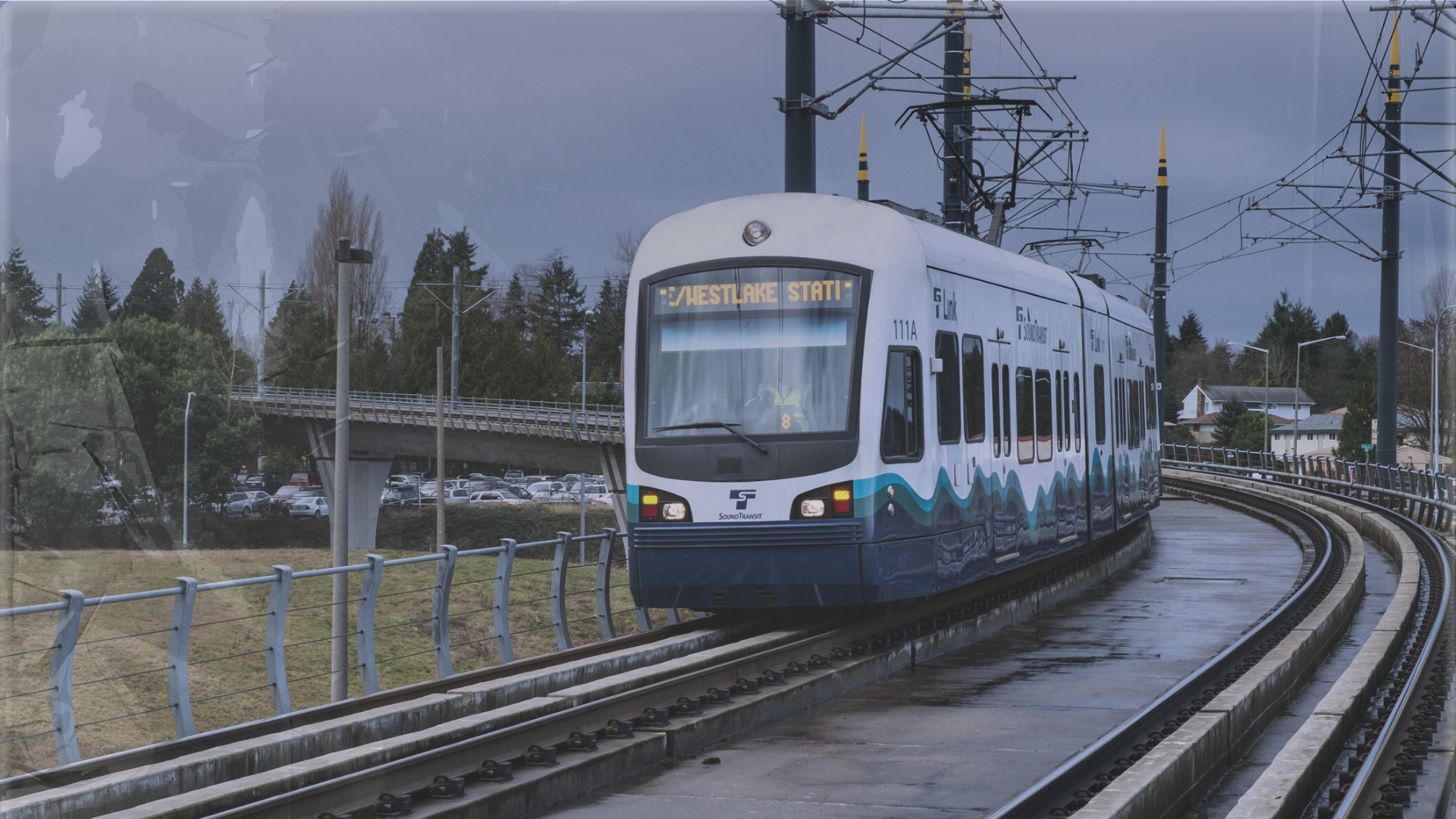Washington State Department of Transportation (WSDOT) officials want lawmakers to have less control over which transportation projects are funded. Instead, they want to take project lists and put them through a performance-based evaluation conducted by “subject matter experts” at their own agency.
The purpose of these evaluations is to “determine which investments will best help the transportation system meet the legislature’s policy goals.” However, some members of the legislature and WSDOT staff support changing these goals. This could include removing the goal of mobility (congestion relief) and replacing it with “accessibility,” or adding health and equity goals to the existing list.
The evaluation would be broken up into three parts: sorting, scoring, and screening.

A list of projects would first be sorted by WSDOT staff in three categories: “essential to include, should include if possible, and optional to include if resources are available.”
The projects would then be scored based each project’s connection to the state transportation policy goals.
Lastly, the projects would undergo an environmental and health and equity screening “to ensure agency and stakeholder values are reflected.” The projects that meet environmental, health and equity objectives get the highest scores. I don’t know what these objectives look like or who determines what they are, but this seems like a step where the values of WSDOT staff would override the values of the public the agency should serve.
Projects would then receive composite scores, be ranked by group (i.e. multimodal, safety, etc.), reviewed for “regional balance,” and then moved to a ranked list.
The “experts” who would conduct the evaluation would be WSDOT staff themselves, as WSDOT’s assessment determined that current WSDOT staff have the “necessary skills to implement a performance-based evaluation.”
One of WSDOT’s purported goals in moving to performance-based evaluations is to help people understand and engage with transportation project funding. While I agree with WSDOT’s finding that “it is challenging for people without deep experience in transportation policy to understand how the Legislature and WSDOT currently make transportation investment decisions or recommendations,” this new approach doesn’t make the process any less complicated or transparent.
Some voice concerns that the current process of legislators choosing projects for their districts is very political. However, participants during stakeholder listening sessions that WSDOT hosted indicated that this new process WSDOT prefers is political too. I agree. They acknowledged that lawmakers who are elected and accountable to their constituents in the districts in which they themselves live are doing the best they can to select projects that “benefit the people they represent.” This happens through negotiations among legislative members and results in projects getting funded in both urban and rural areas.
Though project selection at the legislative level can be political, legislators are much closer to understanding and empathizing with local needs than Seattle-based activists, construction companies, or a handful of self-appointed experts at a highly ideological transportation agency.
Some participants also noted concern that the way performance measures are structured would favor projects in highly- populated areas, over those areas where people are more isolated. I share that concern, especially with environmental and health/equity screens that would likely undermine needed road repairs or capacity improvements that don’t include spending on transit, bike and pedestrian facilities.
Performance-based evaluation of transportation projects is not a terrible idea. Unfortunately, WSDOT is infusing what could be a useful tool with ideology rather than objective metrics, while supporting nebulous changes to criteria that would give the agency more wiggle room in determining whether a project is valuable. The agency’s promotion of this evaluation process as more objective and data-driven is simply not true.
As policymakers consider performance-based evaluations of transportation projects, they should prioritize criteria that are less ideological, more objective, and measurable. This means avoiding changes to state transportation policy goals that would add health, equity, and other amorphous or ideological goals. It also means making existing goals more meaningful. For example, under the goal of mobility, lawmakers could work with policy staff and engineers to set metrics for reducing traffic delays rather than goals to manipulate driving behavior. Legislators should also ensure that “subject matter experts” who conduct evaluations include engineers rather than smart growth ideologues and planners. Finally, lawmakers should protect their right to use composite scores from the evaluation to guide and inform rather than restrict what should remain their decision in choosing what gets funded.
You can read the full report from WSDOT here.






